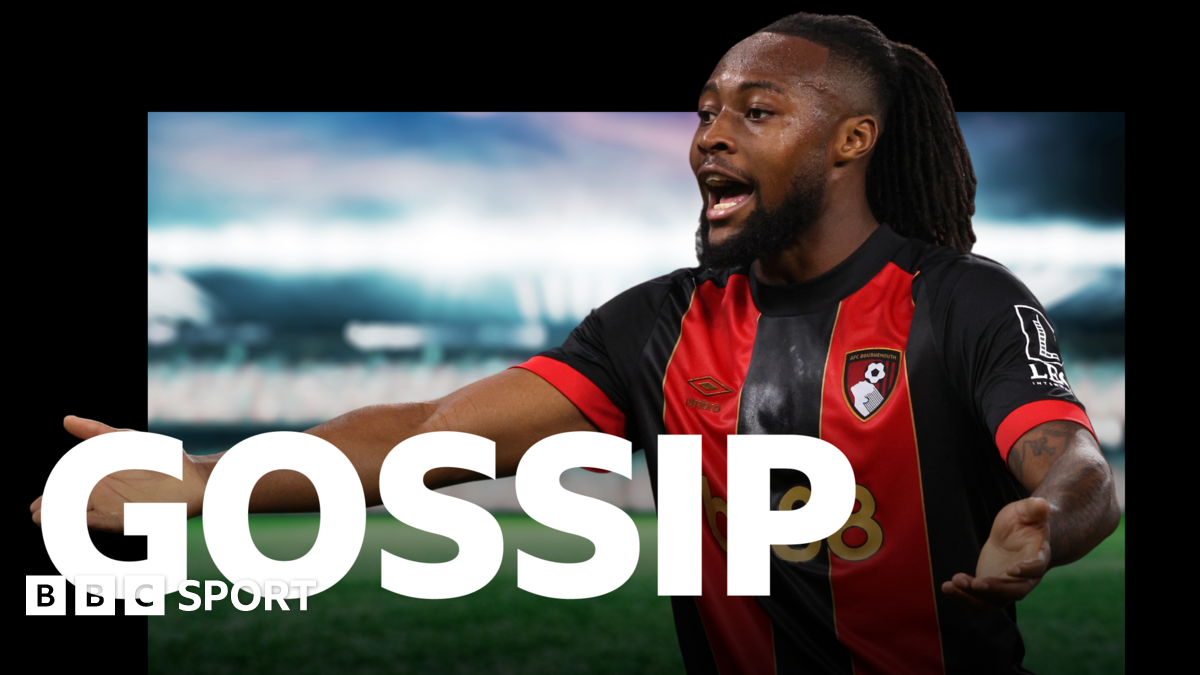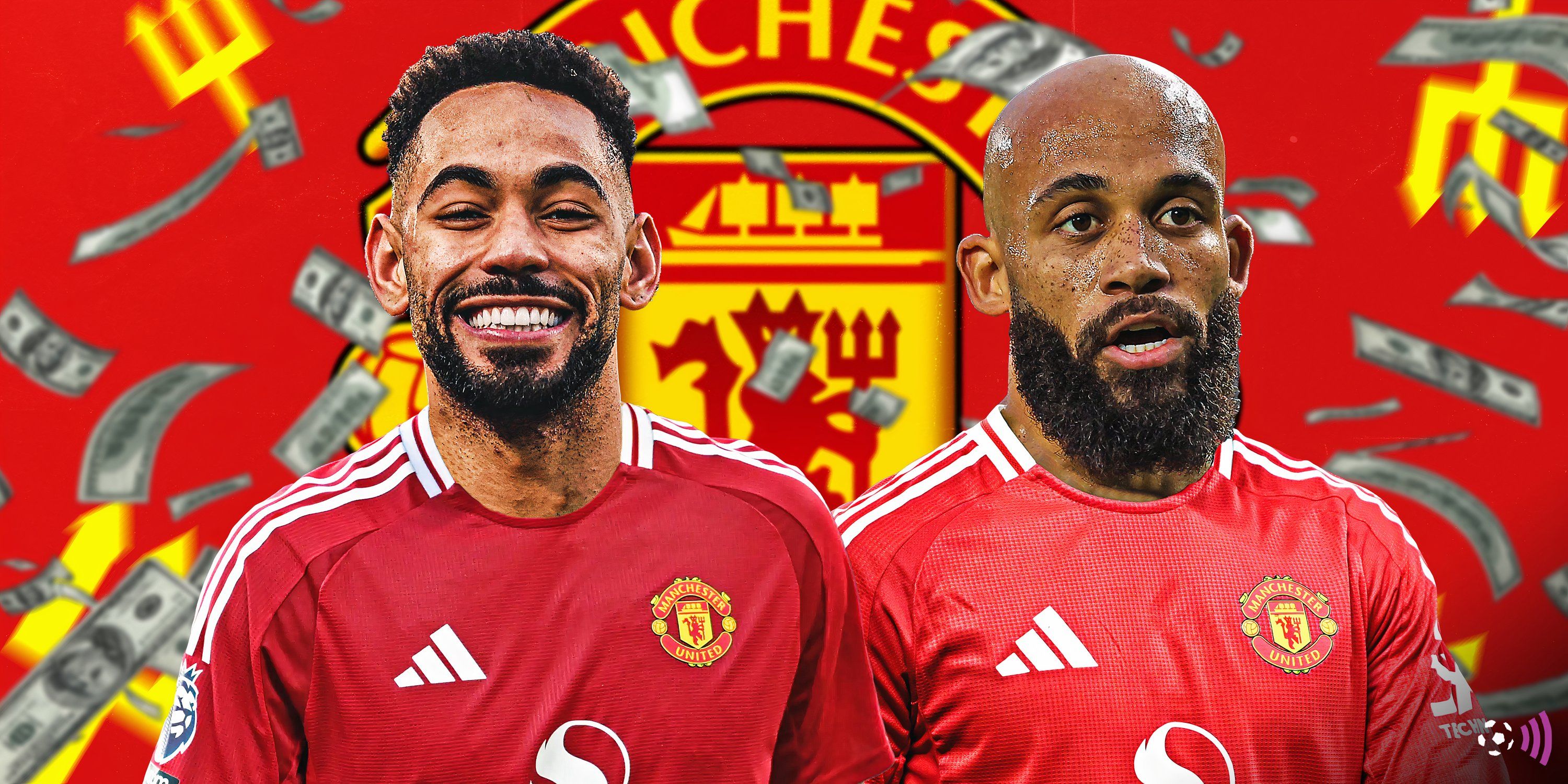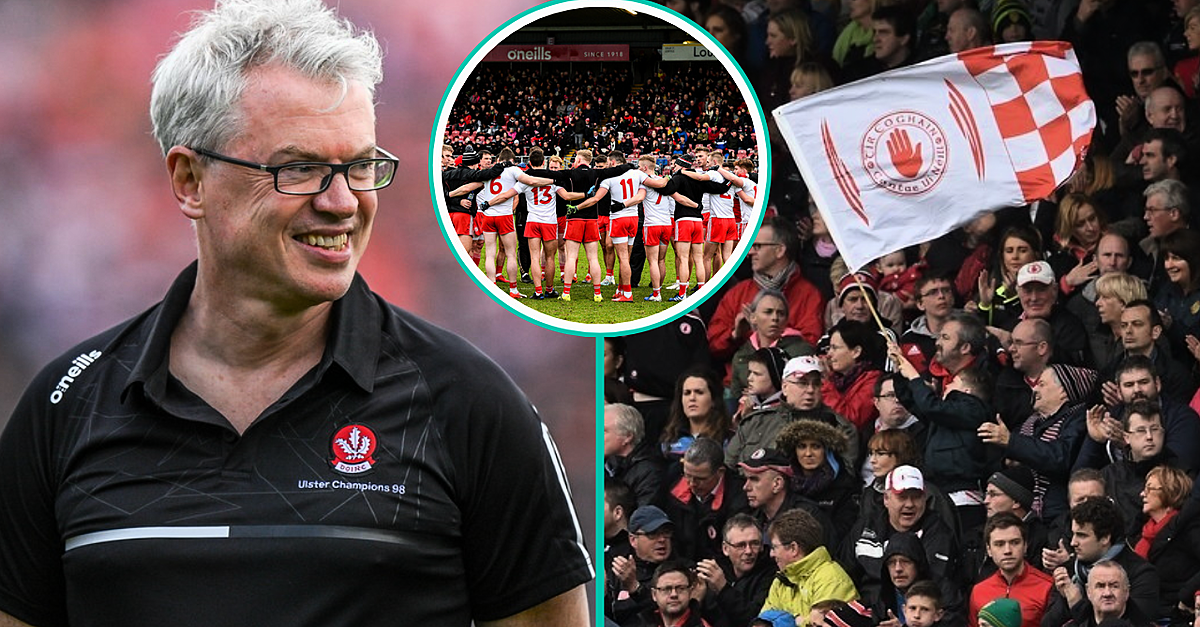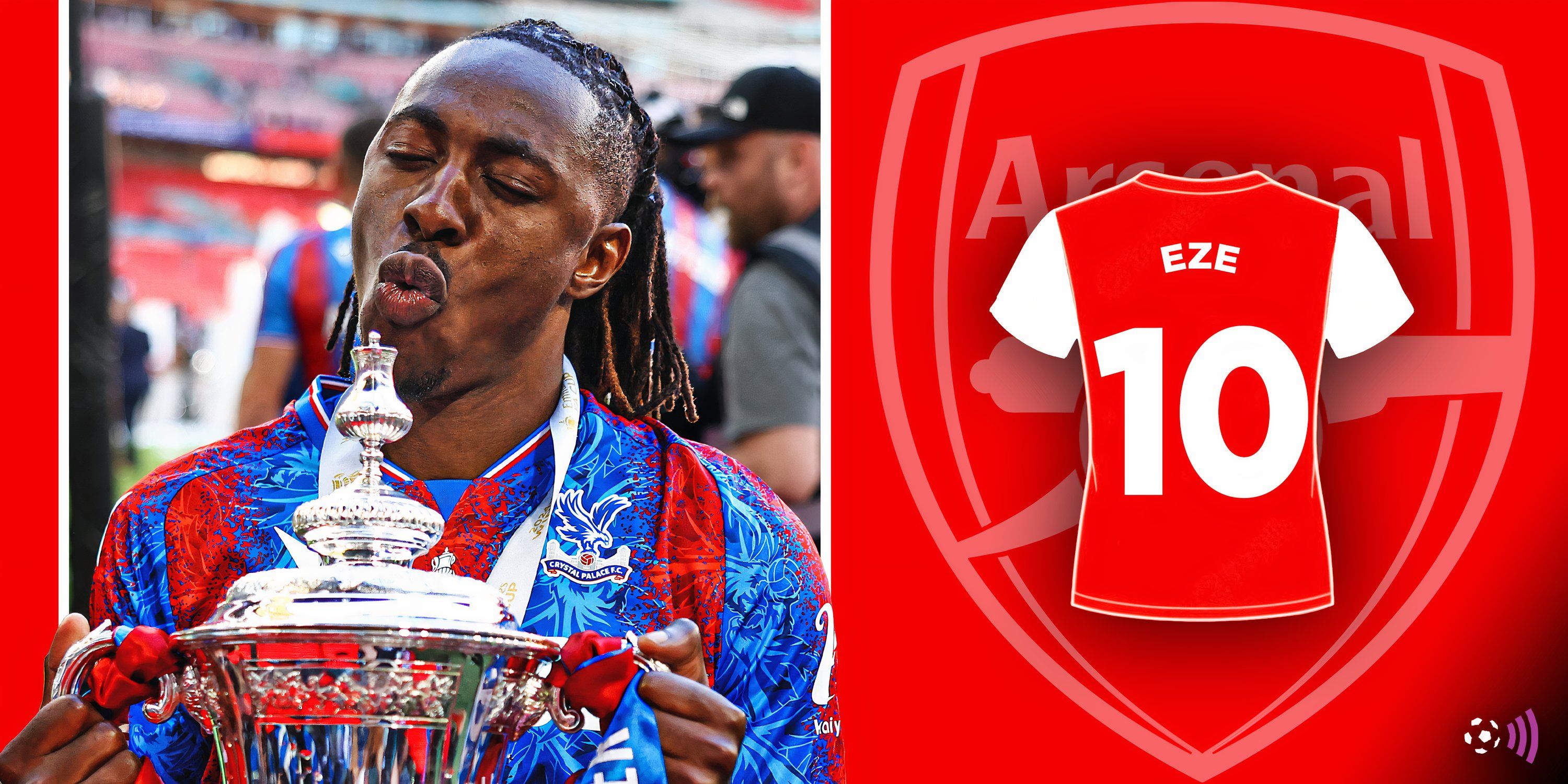Club World Cup power rankings: How the last 16 contenders shape up

And with that, we’re onto the knockout rounds.For all of the uncertainty about the on-field standard of this first expanded Club World Cup, the group stage provided plenty of thrills. From an opening weekend 10-goal win to clubs from Brazil and MLS toppling perennial UEFA Champions League qualifiers, many teams will have built a surprisingly robust highlight reel — even those whose tournaments ended before the round of 16.AdvertisementWith a gap day to catch our collective breath before the bracket begins playing out, it’s time to give a hefty update to our running Club World Cup power rankings. There are bound to be movers and shakers as teams know their matchups and paths to the final at MetLife Stadium. At this stage, we can’t dwell much longer on group performances as a series of one-off contests looms. As such, some group runners-up will look a safer bet to challenge for the lucrative prize pot than certain first-place finishers.Unlike our pre-tournament rankings that focused on the historical might of each team, this series is designed to live very much in the present. Simply, we’ll use the results of this competition alone to project who has the best chance to win the trophy.Before sizing up the 16 teams still in competition, let’s quickly give a final mention for the other half of the tournament field whose runs ended after the group stage. To the rankings!(Teams that played on Thursday are italicized in the rankings. Movement from the previous installment indicated in parentheses.)Soufiane Rahimi helped Al Ain claim its first win of the tournament. (Stuart Franklin / FIFA / FIFA via Getty Images)The Athletic Club World Cup Power Rankings – June 2732. Pachuca (down 1)31. Ulsan HD30. Wydad Casablanca (down 1)29. Al-Ain (up 3)28. Urawa Red Diamonds27. Auckland City26. Los Angeles FC25. Seattle Sounders24. Boca Juniors23. FC Porto22. Espérance de Tunis21. River Plate20. Al Ahly19. RB Salzburg (-)18. Mamelodi Sundowns17. Atlético MadridRound of 16 Quarterfinals Semifinals Final Match 49: June 28, 12pm ET Lincoln Financial Field, Philadelphia Palmeiras Botafogo Match 50: June 28, 4pm ET Bank of America Stadium, Charlotte Benfica Chelsea Match 53: June 30, 3pm ET Bank of America Stadium, Charlotte Inter Fluminense Match 54: June 30, 9pm ET Camping World Stadium, Orlando Manchester City Al Hilal Match 51: June 29, 12pm ET Mercedes-Benz Stadium, Atlanta Paris Saint-Germain Inter Miami Match 52: June 29, 4pm ET Hard Rock Stadium, Miami Flamengo Bayern Munich Match 55: July 1, 3pm ET Hard Rock Stadium, Miami Real Madrid Juventus Match 56: July 1, 9pm ET Mercedes-Benz Stadium, Atlanta Borussia Dortmund Monterrey Match 58: July 4, 9pm ET Lincoln Financial Field, Philadelphia Winner of match 49 Winner of match 50 Match 57: July 4, 3pm ET Camping World Stadium, Orlando Winner of match 53 Winner of match 54 Match 59: July 5, 12pm ET Mercedes-Benz Stadium, Atlanta Winner of match 51 Winner of match 52 Match 60: July 5, 4pm ET MetLife Stadium, New Jersey Winner of match 55 Winner of match 56 Match 61: July 8, 3pm ET MetLife Stadium, New Jersey Winner of match 58 Winner of match 57 Match 62: July 9, 3pm ET MetLife Stadium, New Jersey Winner of match 59 Winner of match 60 Match 63: July 13, 3pm ET MetLife Stadium, New Jersey Winner of match 61 Winner of match 6216. Al Hilal (-): Perhaps Group H was deceivingly tricky, and the defense (plus Bounou) can contend with just about anyone. But there’s so little inspiration when going forward, coupled with a mere 21.1% shooting accuracy, and it’s hard to see Al Hilal having an edge against teams with a broader variety of approaches – such as last-16 opponent Man City.15. Fluminense (-): Among the group stage’s most direct teams (3.7 direct attackers per game, T-2nd), but also creating some of the least viable chances in the field (0.06 xG per shot, T-2nd worst). Will need to generate far better looks to thwart Inter Milan, but their defense has been among the field’s stingiest. Can they spring a trap game?Advertisement14. Borussia Dortmund (-): You’d be forgiven if you didn’t notice Dortmund is in this, as they lodged a few mild performances to advance. Still, their 8.7 attacking third possession gains is far and away the field’s highest rate, they win more ball recoveries (70.3% of all loose balls) and Jobe Bellingham has swiftly become essential in the final third. Monterrey will be tough, but perhaps there’s potential for a quiet rejuvenation.13. Monterrey (-): Only got more confident as the group progressed thanks to Esteban Andrada’s in-goal heroics, and saved its best performance for last with a 4-0 win over Urawa. A tricky test for Dortmund, and an impressive showing to advance ahead of River Plate.12. Inter Miami (-): Unlike any other team, they have Lionel Messi. Like any MLS team, their squad is incredibly imbalanced given the league’s roster constraints. They’re already met expectations, which is a relief since they’re about to face a confident PSG.Federico Valverde helped ensure Real Madrid comfortably topped its Club World Cup group. (Franck FIFE / AFP via Getty Images)11. Juventus (down 3): Thoroughly overmatched against Man City, but there’s undeniable quality across the squad led by Kenan Yildiz’s breakout. No team generated a higher ‘big’ chance rate (30.8%), a sign of the danger they can create when they’re whirring — but was that a byproduct of a weak group? For the field’s biggest xG overperformers (+1.7 per game), a crash back to earth may be looming.10. Palmeiras (up 1): The least bigged-up of Brazil’s four sides, perhaps a byproduct of advancing from a lean Group A. All the same, their high-pressing defense is a danger against a lax opponent, and a forward line led by José López, Estêvão and Maurício is comfortable shooting with volume and quality alike. Winless in five against Botafogo since July 2024 — but there’s no better time to snap that skid.9. Benfica (up 1): Quietly had the third-highest expected goal differential in the group stage, although only three of 31 teams got to play Auckland City. Ángel Di María’s three converted penalties have carried his soon-to-be former team, and a date with Chelsea is hardly a pleasant matchup. A big test for Antonio Silva awaits, but the defense’s collective stinginess ensures they won’t be a pushover.Advertisement8. Chelsea (up 1): Fortunate to catch Espérance between their 3-1 defeat against Flamengo and the round of 16, allowing Enzo Maresca’s men to regroup after their meltdown against the Brazilian giant. Getting past Benfica won’t be a breeze, and they’ll face another Brazilian side if they advance (Botafogo or Palmeiras). Enzo Fernández had a strong group stage, an encouraging sign, and Liam Delap is off the mark up top. Can’t face PSG, Bayern or Flamengo until a potential final.7. Inter Milan (-): Another side that grew into the group stage, overcoming a surprising opening draw against Monterrey with wins over Urawa and River Plate. Nicolò Barella and Lautaro Martínez have played key parts, and their 77.8% field tilt shows a confident game model under Cristian Chivu. Can they hold off the demons of last month’s final in Munich? Curiously, they’re last in shooting accuracy: just 15.8% of their 57 attempts.6. Real Madrid (-): Still learning how to fit into Xabi Alonso’s vision on the fly, but too much quality for many a foe. Now come the sterner tests, beginning with Juventus (for the first time since the 2017/18 Champions League quarterfinal). Will we get a clash of the Bellinghams in the quarters?Erling Haaland and Manchester City are full of confidence going into the last 16. (Sebastian Frej / Getty Images)5. Paris Saint-Germain (-): Have gone from winning hearts and minds with free-flowing attacks en route to a Champions League triumph to their current form: a possession-dominant, pressing-heavy juggernaut that wants to own all phases of a game. Must not give Messi free kicks from dangerous areas, but deservedly the heavy favorite against MLS’s reigning Supporters’ Shield winner.4. Botafogo (-): Gave this tournament a needed jolt by beating PSG, an even bigger statement win than Flamengo’s triumph over Chelsea. Renato Paiva’s defense moves with ruthless efficiency to shrink the field for opponents, and Igor Jesus can score against anybody with his strength and movement. A strong favorite against Palmeiras given recent dominance head-to-head.3. Flamengo (-): Regained four points from losing positions (tied with Inter), a balance largely carried by a comeback win over Chelsea. That 3-1 triumph established Flamengo’s big-game bona fides, and Filipe Luis’ side has played some of this tournament’s best football. Beginning the bracket with a may-as-well-be-the-final clash with Bayern Münich; the loser will exit far sooner than their form deserves.2. Bayern Munich (-): Were so emphatic in victories over Auckland City and Boca Juniors that Vincent Kompany could afford to rotate several starters out against Benfica. Take each team’s first match out (including that 10-0 win), and: third-strongest field tilt (82.1%), highest ‘big’ chance rate (42.1%) and fifth-highest xGD per game (+1.6). Olise, Müller, Coman and Musiala all in good scoring form — still a viable favorite despite losing a match.Advertisement1. Manchester City (-): Clearly the better side throughout the group finale against Juventus, though Ederson still looks unconvincing in goal. Life is different without Kevin De Bruyne, but newcomers Rayan Aït-Nouri and Tijjani Reijnders have made a seamless transition to Pep Guardiola’s side, while Erling Haaland is off the mark from the run of play and Rodri keeps doing his thing. Breaking down Al Hilal will take a collective effort, as Madrid learned.(Illustration: Kelsea Petersen / The Athletic; Robbie Jay Barratt / Getty, Dylan Buell / Getty, Carl Recine / Getty, Angela Weiss / Getty)







